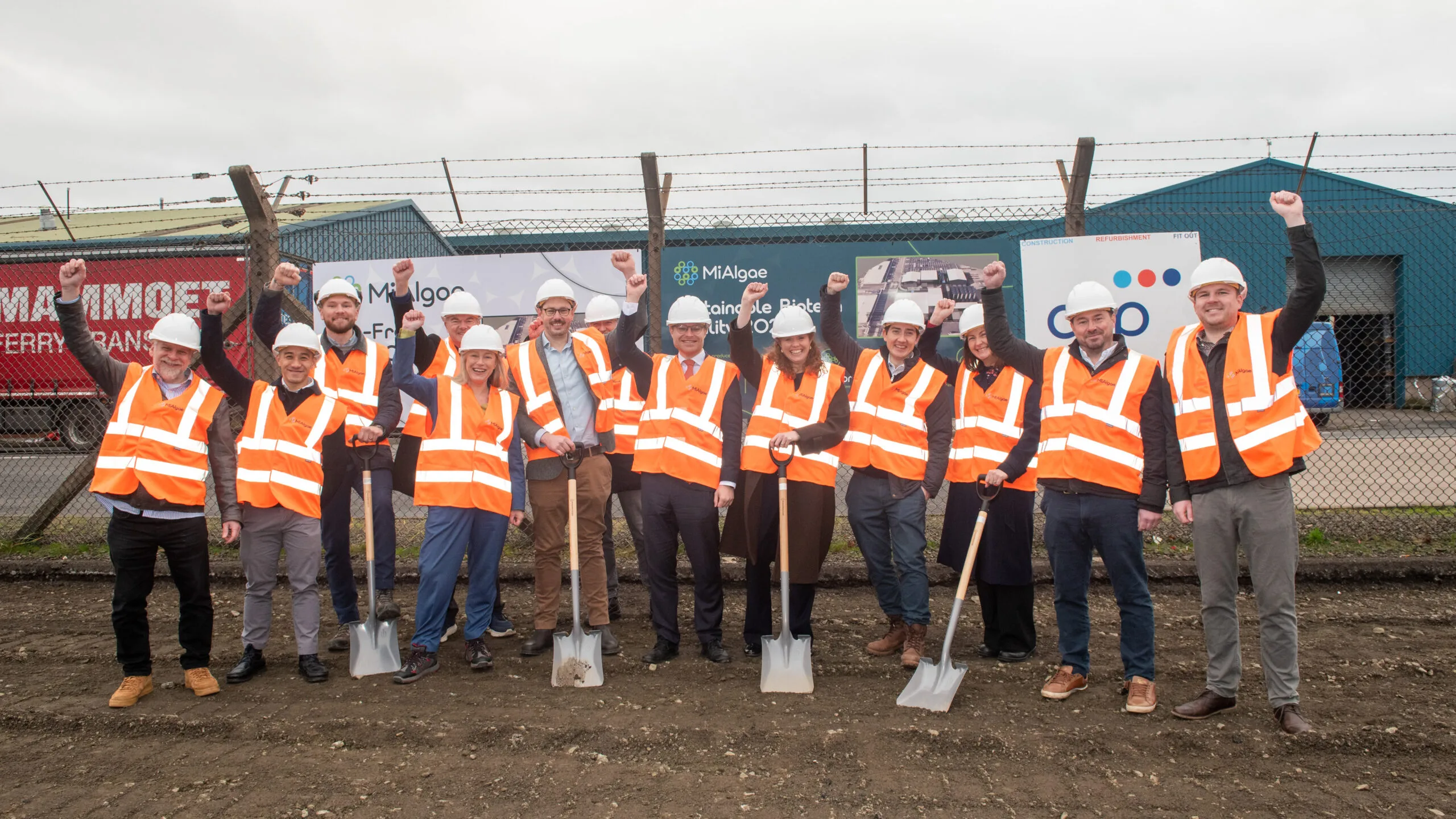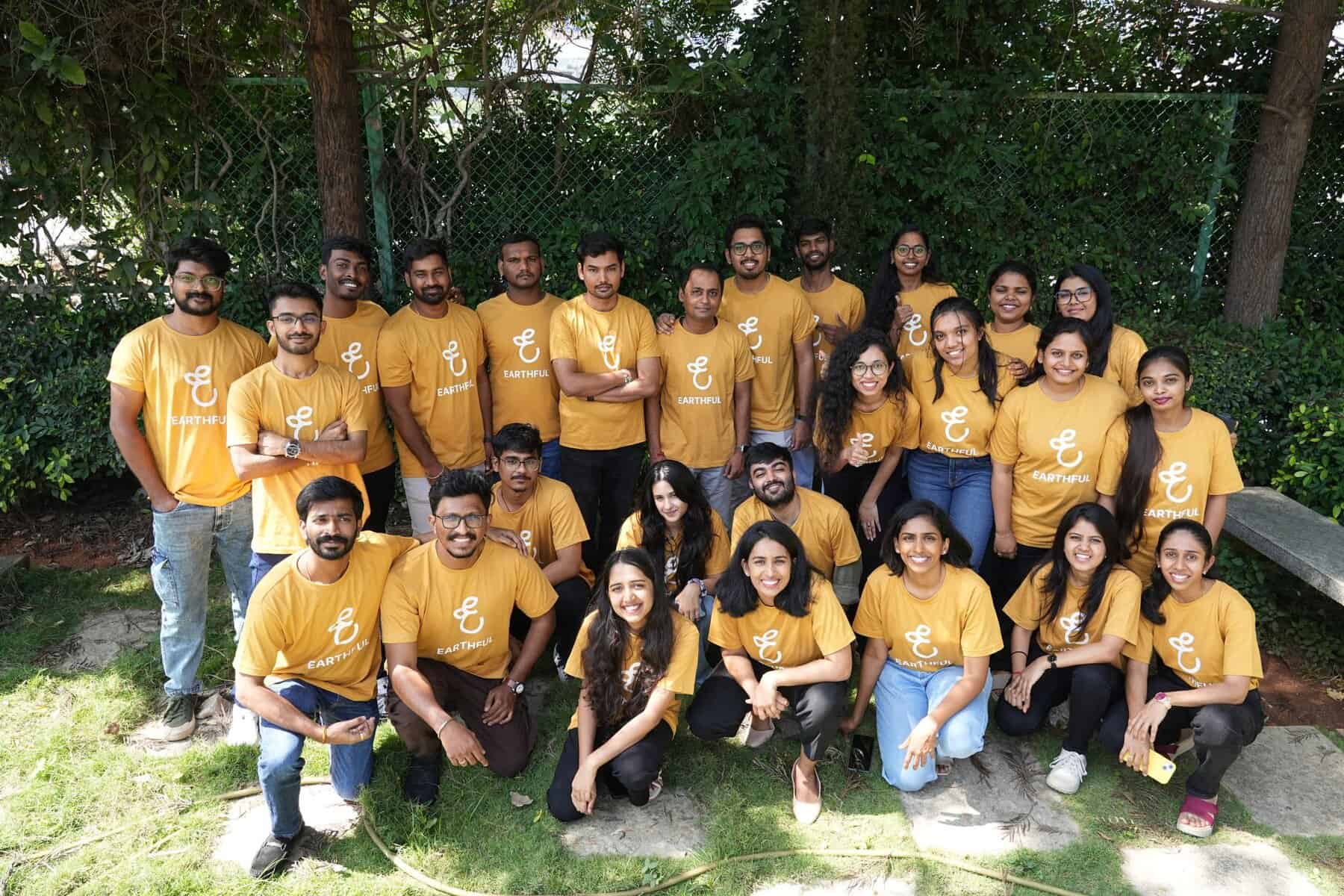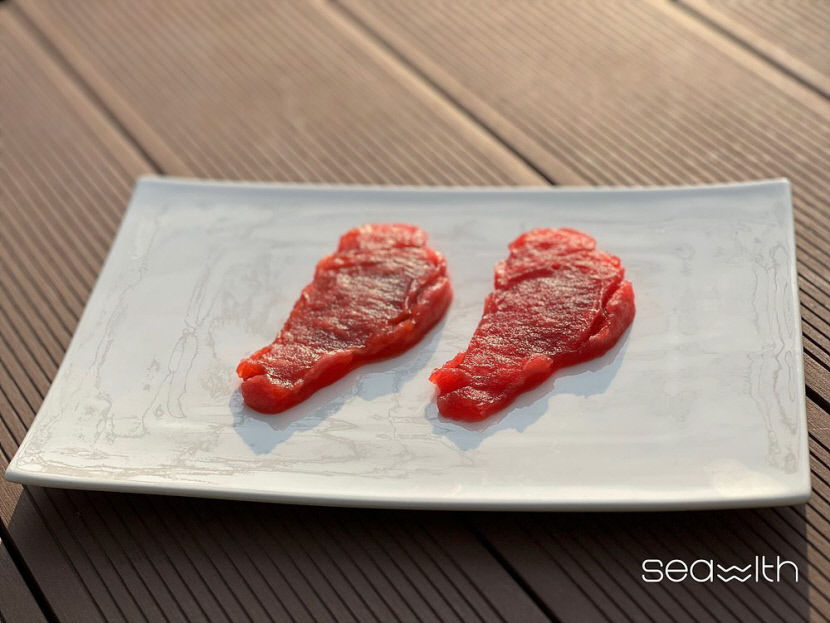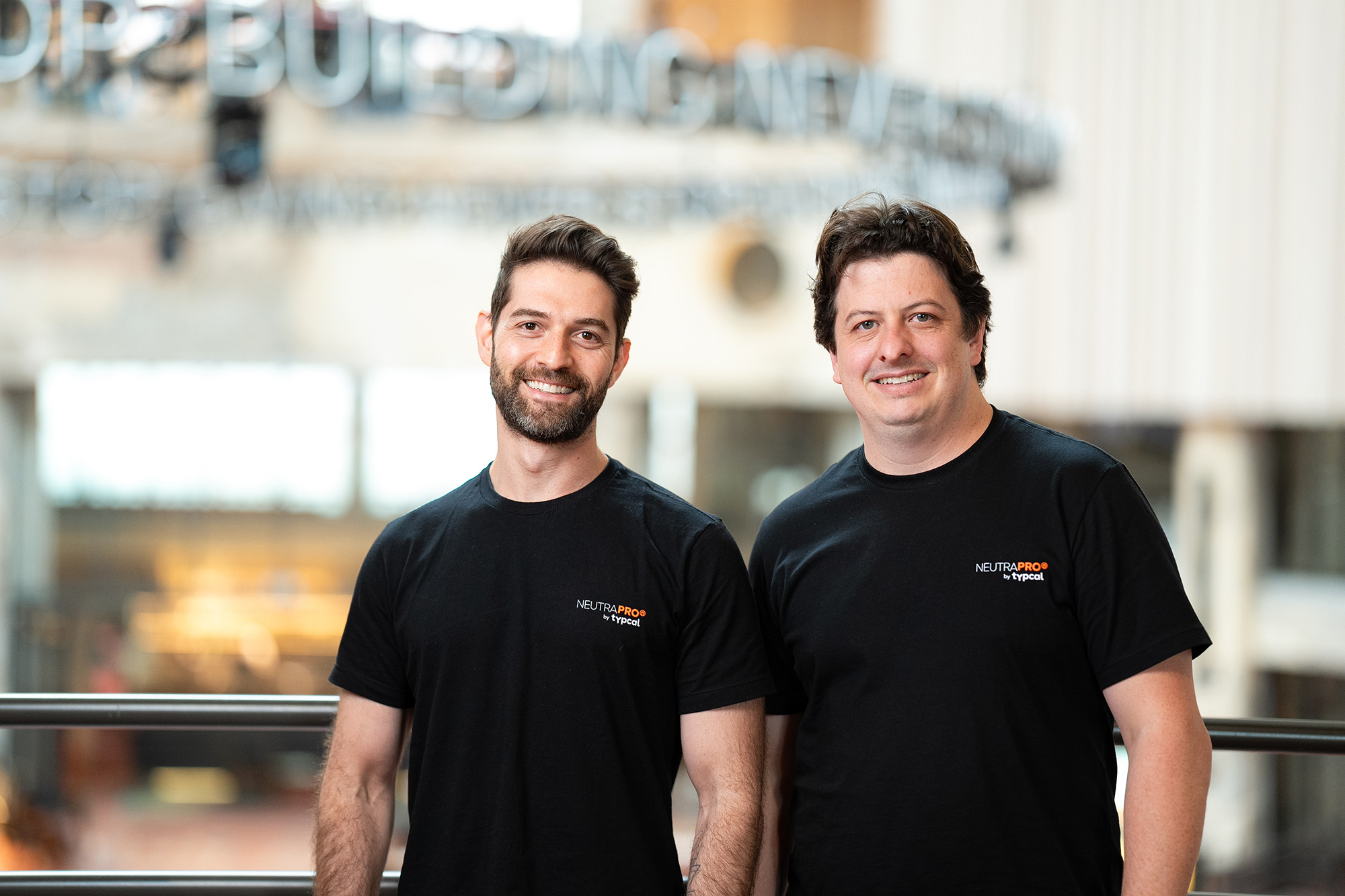
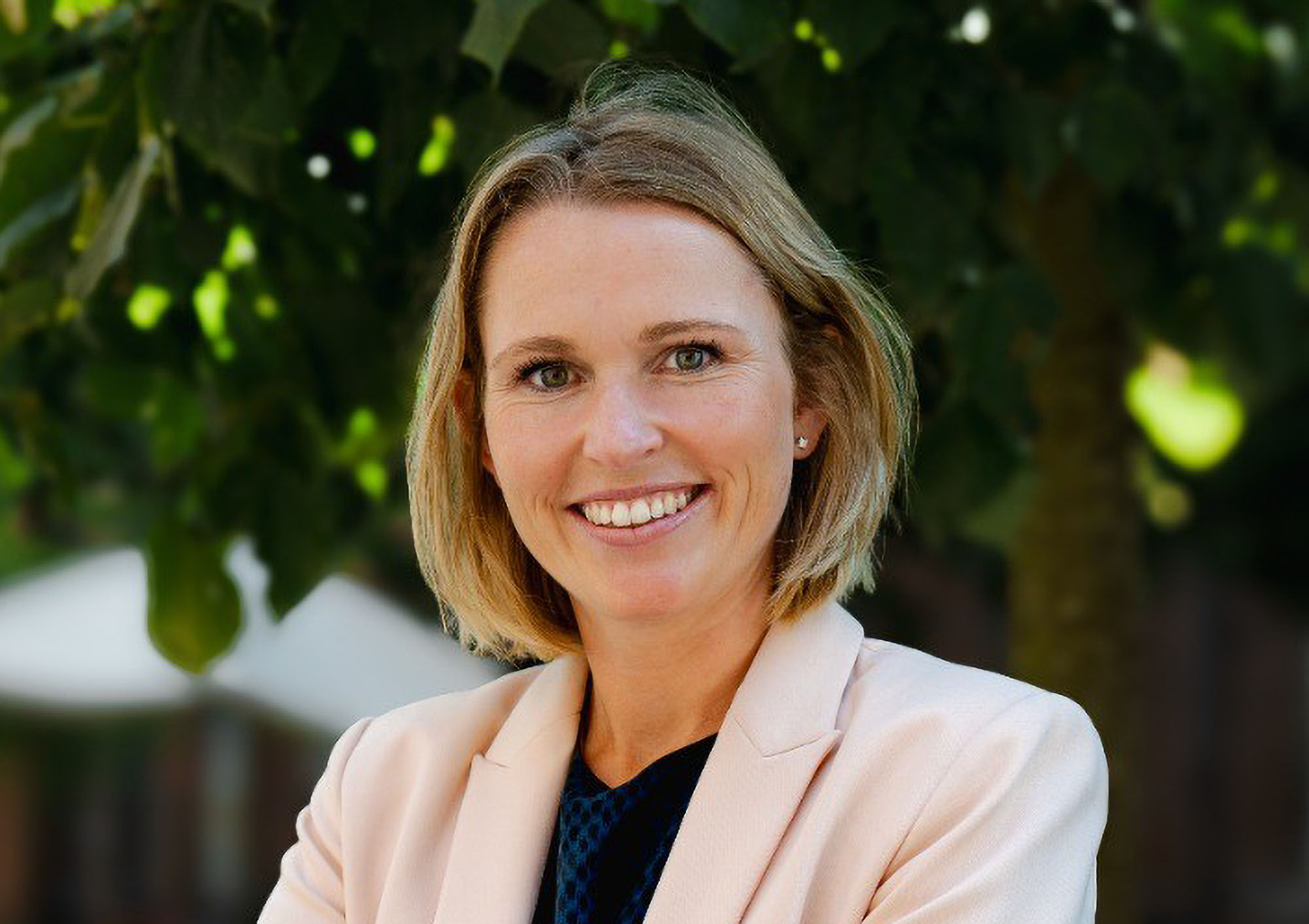
FPP Amsterdam 2025 Speaker Interview: Marie-Louise Boisen Lendal on turning policy into plant-based growth
Few countries eat more meat or produce more pigs than Denmark. Yet it is also pioneering one of the boldest shifts toward plant-based food anywhere in the world. Marie-Louise Boisen Lendal outlines why farmers, NGOs, and politicians have chosen to back a new food economy, and how Europe might follow
Denmark built a global brand on wind turbines and world-class dairies. Now it’s betting on chickpeas, fava beans, and fermentation. Steering that push is Marie-Louise Boisen Lendal, Chair of the Danish Fund for Plant-Based Foods and Founder of the think tank Frej, who is helping align farmers, food majors, NGOs, and policymakers around a simple brief: grow more food for people, not just feed for animals, and do it across the whole value chain.
Lendal will share the playbook at The Future of Protein Production Amsterdam (RAI Amsterdam, October 29-30, 2025), where she’s speaking about Denmark’s model and what other regions can adapt.
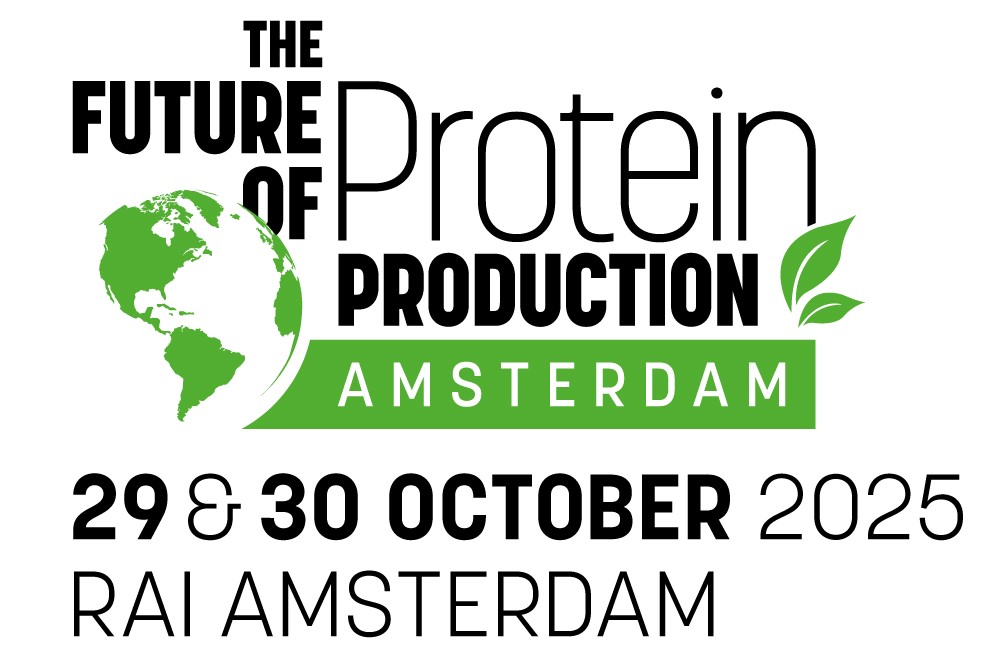
A billion kroner for food system change
At the heart of that model is a new public fund – 1 billion Danish kroner through 2030 – supporting R&D, farmer transitions, public procurement pilots, and commercialization. Grants span agronomy for pulses and legumes, sensory and nutrition science, kitchen retraining in schools and hospitals, NGO-led behavior change, and retail category work. The goal isn’t to prop up a single link; it’s to move supply and demand together so good products actually meet ready markets.
“We’ve learned from the past,” she says. “When Denmark built its organic sector, there was no real market and no real infrastructure. But with patient public-private partnerships, it became a global success story. The same happened with wind power. We had fossil fuels, but we decided to back wind, and now it’s one of Denmark’s biggest economic success stories. The plant-based transition is the same theory of change.”
The politics are unusual for a food fight. Denmark’s landmark 'tripartite' deal brought farm groups, environmental organizations, and government into the same room and delivered two big shifts: a climate tax on agricultural emissions from 2030 and a plan to retire roughly 10% of farmland – prioritizing the most polluting soils – for nature restoration and forest.
“This isn’t about banning meat. It’s about creating a new leg of growth – so farmers can earn more by producing more diverse crops”
The message to producers wasn’t moral scolding; it was a new business lane. Denmark remains one of the world’s most intensive livestock producers, especially pigs, and roughly four-fifths of arable land grows animal feed. If even a slice of that acreage pivots to food-grade crops, you unlock new revenues while cutting emissions.
Lendal’s credibility with producers helps. She grew up on a conventional farm and has spent years doing the hard yards at co-op meetings: explaining climate and biodiversity data, acknowledging trade-offs, and sketching pragmatic on-ramps – diverse rotations, contracts for pulses, new equipment financing, and risk-sharing with processors and retailers.
She’s blunt about communication. “Farmers don’t want to be treated like villains at birthday parties. They want respect, and they want to know they’ll have a business tomorrow. The message that worked wasn’t ‘you’re fine as you are’, it was ‘be honest about the problems, be part of the solution, and here’s how you can benefit’.”
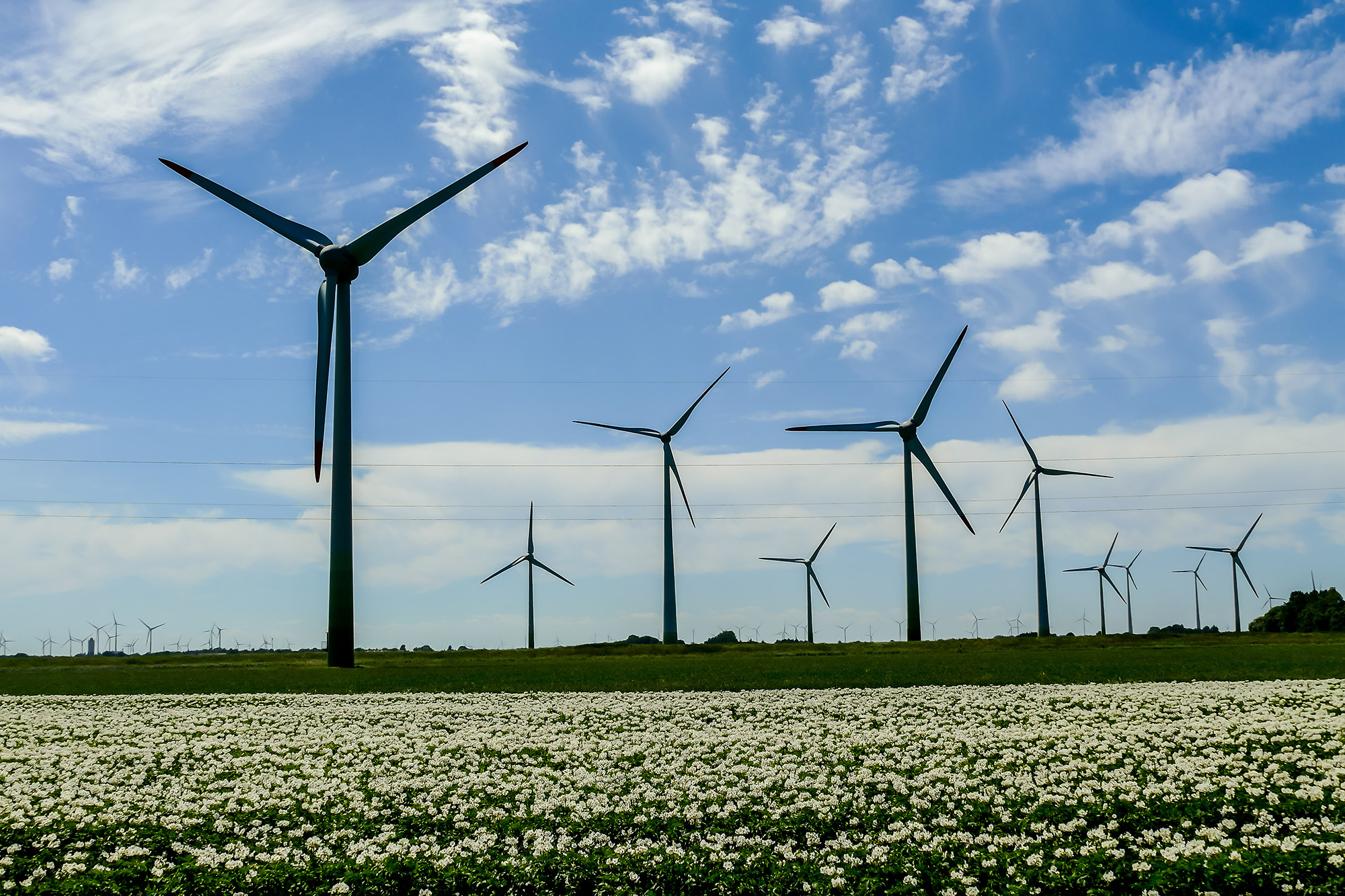
Regenerative or high-tech? Both
A hot debate in food circles pits regenerative agriculture against technological innovation. Lendal shrugs at the binary. “We need both,” she says. “We shouldn’t romanticize the way our grandparents farmed – that wasn’t efficient. But we also shouldn’t rely only on labs. Technology can make animal farming cleaner, and it can make plant production more sustainable. We need the toolbox full.”
That toolbox includes biosolutions – precision fermentation, biopesticides, bio-inputs – alongside robotics, precision farming, and modern crop genetics. Denmark’s research base and industrial hygiene make it a natural hub, and the Novo Nordisk Foundation has stepped in with new grant lines for plant, ag, and food biotechnology, often in partnership with the Bill & Melinda Gates Foundation.
The aspiration is ambitious: to become the 'Silicon Valley' of plant-based foods, not just in Europe but globally. Holland and Israel are further along in some niches, Sweden and Germany on others. But Denmark has money, political priority, and a proven model of long-horizon public-private collaboration.
Regulation could make or break Europe’s role. Novel foods that take five to seven years to clear the queue don’t scale into industries; they emigrate. Lendal’s position is crisp: faster, not looser. Keep safety high, streamline process.
The timing may be favorable. Denmark holds the rotating EU Council presidency in the second half of 2025, with a declared priority to cut bureaucracy and boost competitiveness. The Commission has already signaled some openness to streamlining EFSA’s backlog. If member states can agree on a 2040 climate path while also unclogging food innovation approvals, Europe could keep more IP and capital onshore.
What went wrong with early plant-based
On the demand side, quality and culture matter as much as policy. Early plant-based products were often ultra-processed and underwhelming. Shoppers tried them and didn’t return. Lendal’s answer is two-fold: build better products with cleaner labels, stronger flavor and texture, and innovations like cultivated fats to bring back the sizzle and umami that many consumers miss. And design better adoption so products don’t languish in the 'reduced' bin – public kitchens with budget-proof menus, retailer resets, and blended lines that mix meat with legumes to hold price and protein while lowering impact.
“People need to learn new recipes,” she says. “It’s not enough to just replace a burger with a ‘burger.’ Falafel instead of meatballs requires new cooking habits, and that takes time.”
Culture change isn’t just about better products. It’s about better stories. Frej has built a following on Instagram and TikTok with short sketches that make legumes funny, relatable, and aspirational. Their audience? Young men from rural Denmark. Their reach? Eleven million organic views in a country of six million people.
“We’re not going to change my parents’ eating habits,” she admits. “But young people leaving home for the first time, learning to cook – they’re much more open to trying plant-based meals if you make it easy and fun.”
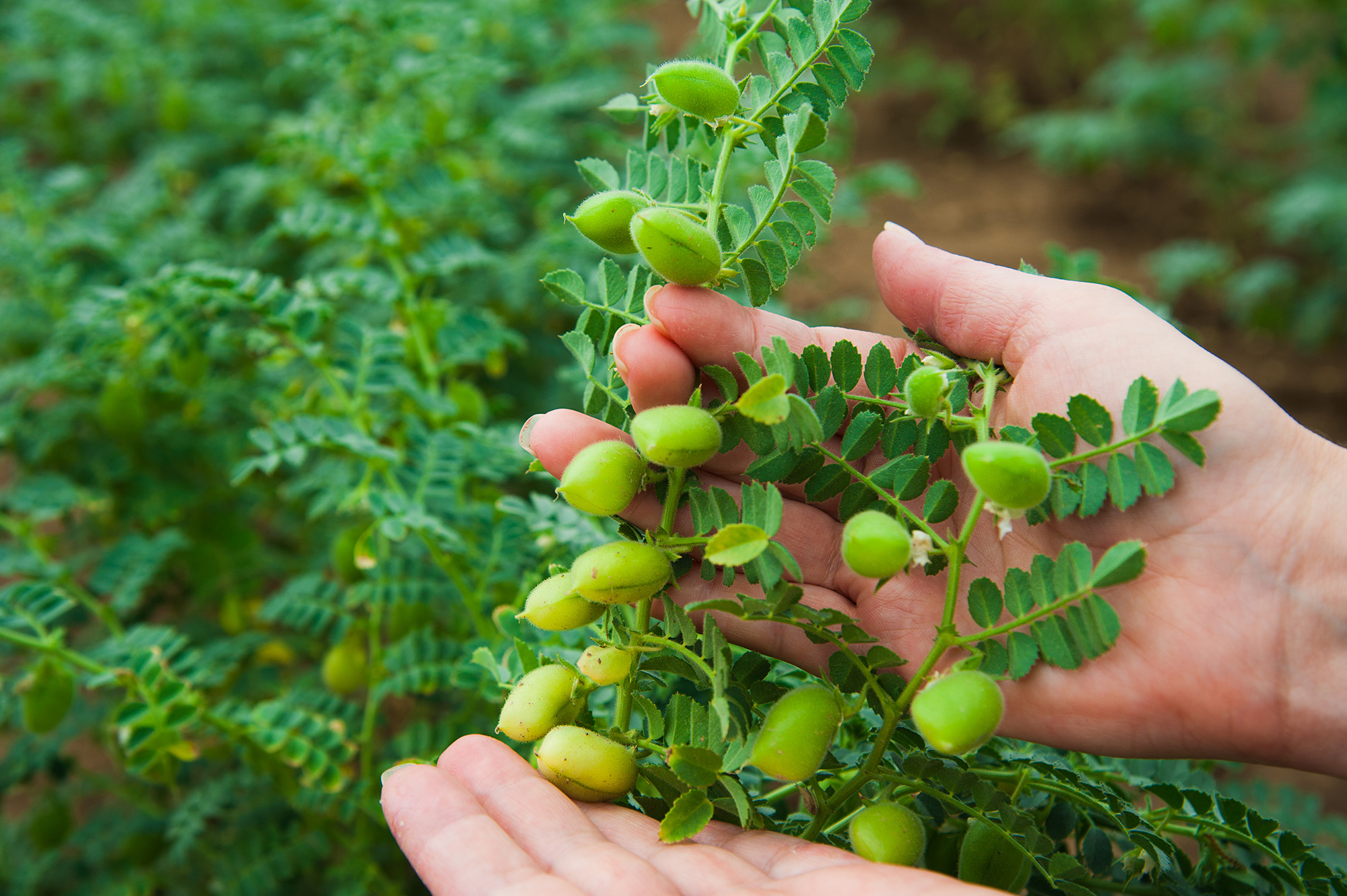
Global leadership and local reality
Asked who’s leading globally, Lendal doesn’t sugarcoat it. “Unfortunately, I don’t see Europe leading. I see China moving faster. The USA has speed because of regulation. But Europe has better food – cleaner, safer, more sustainable. That’s an advantage we can build on, if we don’t lose it.”
That balance between bold innovation and high regulatory standards is Denmark’s bet. But Lendal is quick to stress it’s not just about technology or politics. The biggest barrier, she says, is apathy. “If citizens don’t care about climate or health, nothing moves. Politicians follow voters. Surveys show Danes want change – like 80% supporting lower VAT on fruit and vegetables. We need to keep showing that to policymakers, because they respond when they know the majority is behind them.”
“We can be the ‘silicon valley’ of plant-based foods – if Europe speeds up approvals and we scale the whole value chain, not just one link”
What does success look like in five years? “Every percentage increase in legumes and vegetables – on fields and on plates – is success,” she says. “Right now, production has been declining and consumption has been rising for animal-based food. If we can reverse that trend, even a little, it’s progress.”
Small, steady wins are the metric. More hectares in legumes and vegetables. More contracts giving farmers confidence to rotate. More public kitchens with genuinely loved plant-forward dishes. Better repeat rates for new products. And a calmer, less performative politics around food.
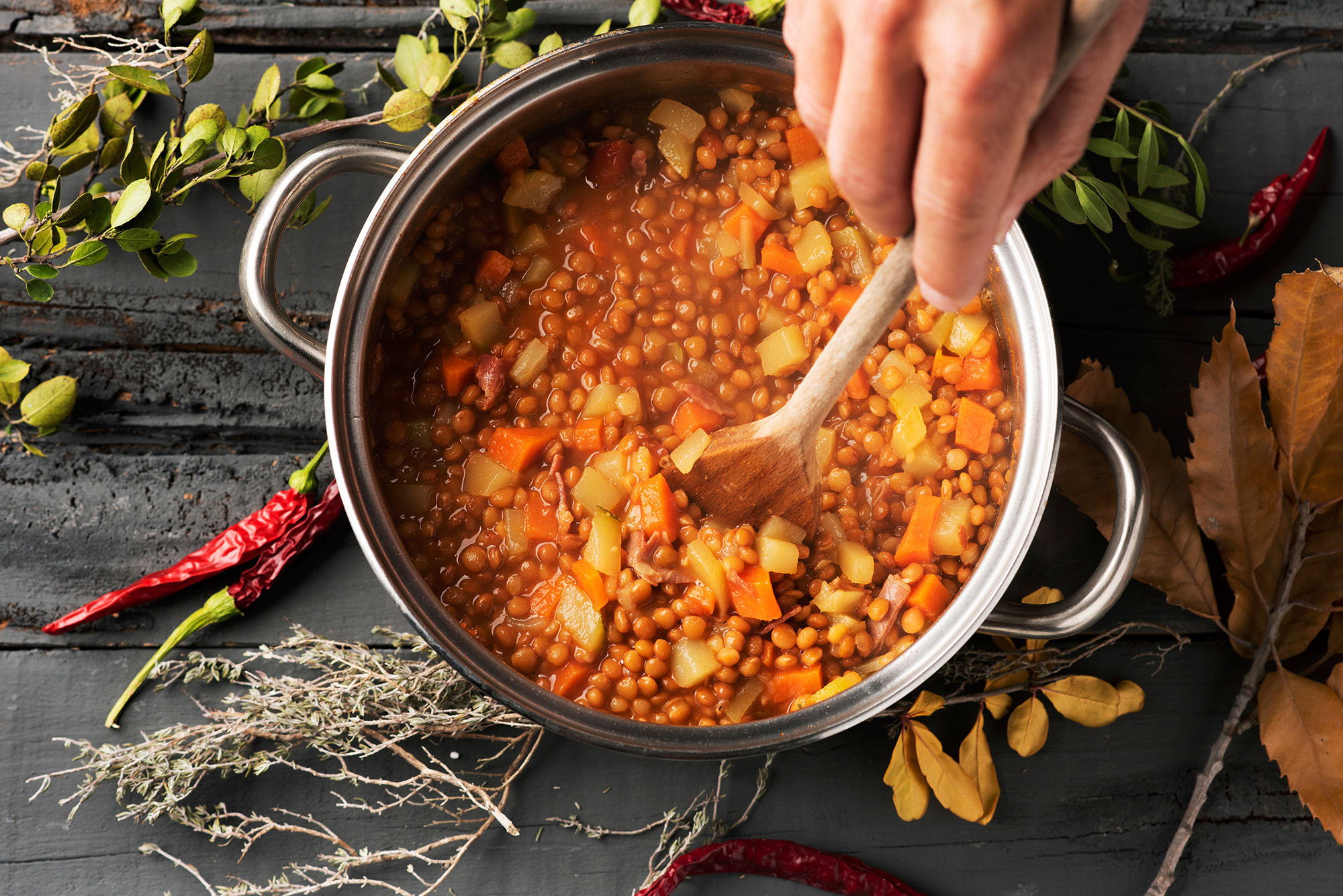
First movers, but not alone
Denmark is small and agile; it can move faster. But Lendal sees the model spreading. “Other countries say, ‘that will never happen here’, but I think it will. The key is to talk with the people you disagree with. Translate the societal changes we need in a way that respects their perspective. That’s what builds durable coalitions.”
She’s already fielding calls from Finland, Poland, Holland, and Germany, all keen to understand Denmark’s template. And she knows she’ll get more after she speaks in Amsterdam this October.
Denmark has done systems change before. Organics and wind looked implausible until they didn’t. The plant-based push follows the same playbook: patient public-private funding, early demand-side work, farmer inclusion, and a willingness to rewire the value chain from soil to supermarket.
The headwinds are real – sticky consumer habits, conservative politics, polarized media. But Denmark has shown that with enough collaboration, even the heaviest agricultural emitters can agree on bold moves.
And if it works? A billion kroner may look like a small down payment on what the FAO says is a half-trillion-dollar global transition. But in a decade, Denmark might be exporting not just food, but a method: how to build a plant-based sector without a culture war.
(Derived from an interview Marie-Louise Boisen Lendal gave to Alex Crisp on the Future of Foods podcast, where she explored Denmark’s approach in depth)
Marie-Louise Boisen Lendal is one of more than 100 speakers taking to the stage at The Future of Protein Production Amsterdam on 29/30 October 2025. To join her and more than 1,000 other attendees, book your conference ticket today and use the code, 'PPTI10', for an extra 10% discount on the current rate. Click here
If you have any questions or would like to get in touch with us, please email info@futureofproteinproduction.com


